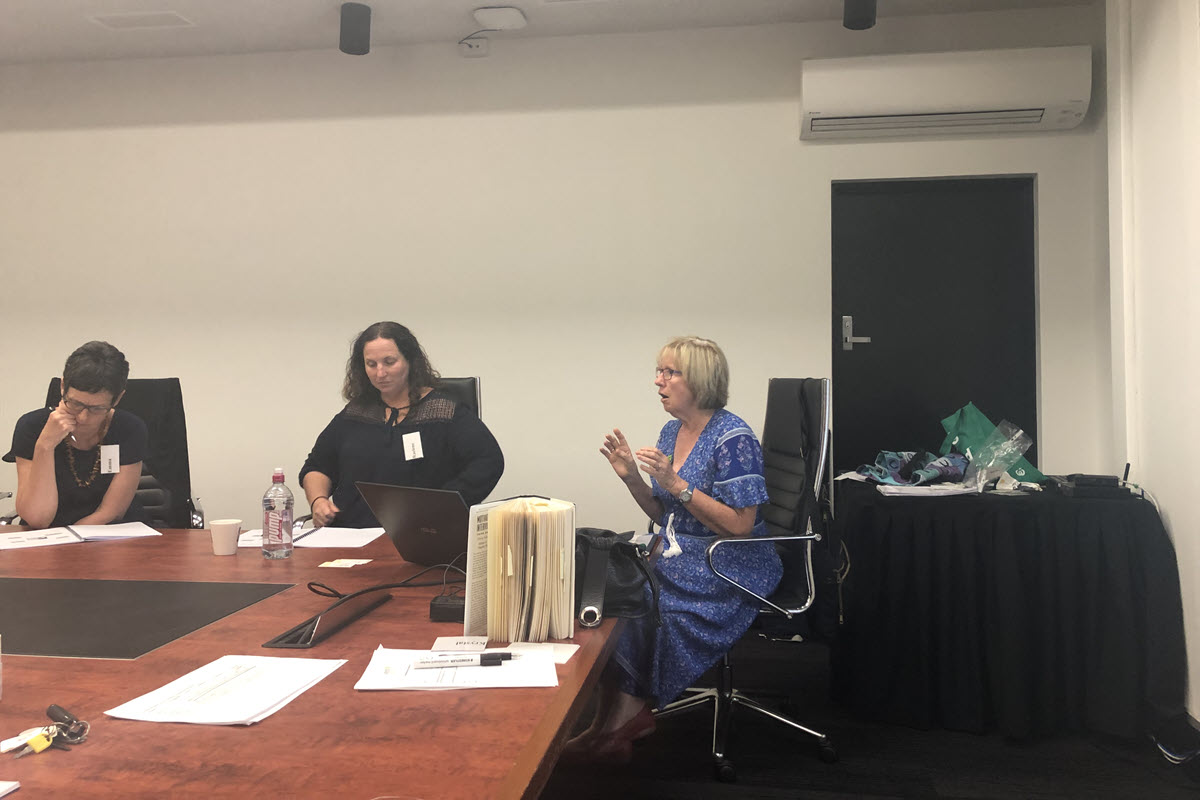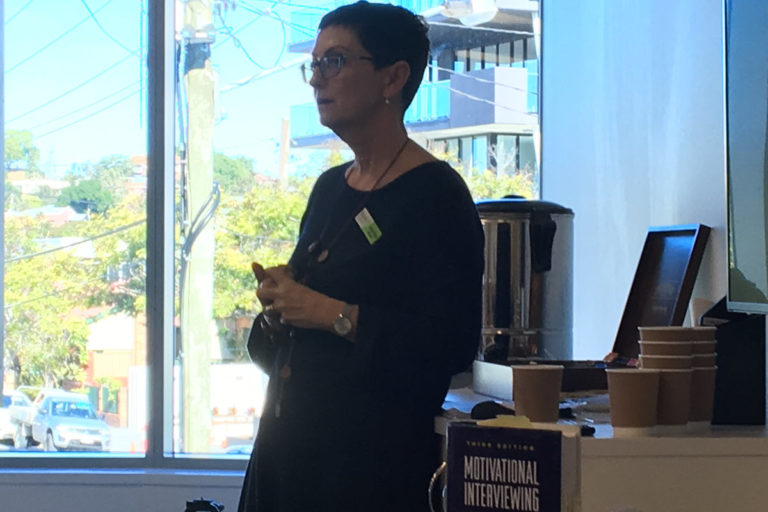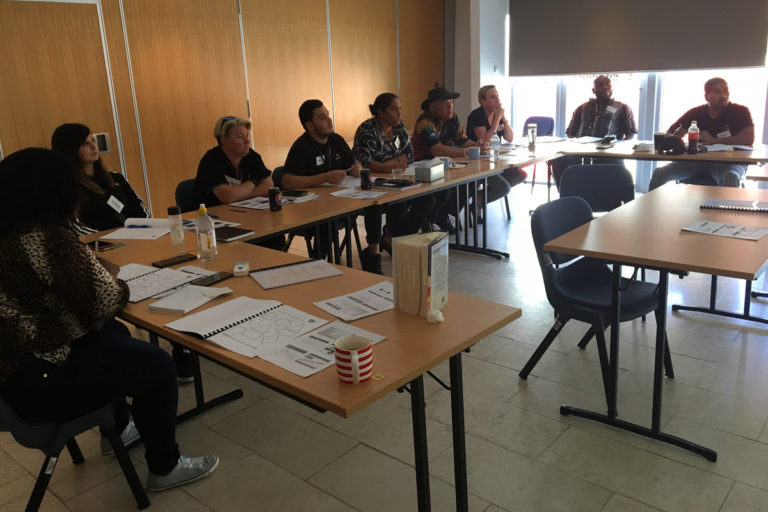The Spirit of Motivational Interviewing
Collaboration, compassion, evocation and acceptance underpin the spirit of Motivational Interviewing (Miller & Rollnick 2013). This spirit can best be seen in action, when the client themself, presents the argument for making changes in their health behaviour.
Collaboration and Motivational Interviewing
Motivational interviewing does not require us as helpers to let go of our training, knowledge and experience, but to use ourselves in a different way, by recognising the client as the expert in their own life. Collaboration means we, as helpers, respect where the client is in their life, and how their values, experiences, beliefs and attitudes impact on them. It is through the collaborative process that helpers build an atmosphere which is conducive to change and not coercive.
Compassion and Motivational Interviewing
Compassion is about genuinely having the client’s best interests at heart. It is important in our role as helpers to avoid seeing our client as helpless and to avoid pitying them: this is demeaning to both the client and to us. In the spirit of motivational interviewing compassion from the helper is genuinely warm and supportive to clients in their struggle around change.
Evocation and Motivational Interviewing
Motivation for change lies within the client. As helpers, it is our job to assist the client to give voice to their reasons to change (or not to change). As we listen and draw out or evoke client’s thoughts and feelings about change, they are often hearing themselves make the argument for change.
Acceptance and Motivational Interviewing
Acceptance has four aspects – affirmation, accurate empathy, autonomy and absolute worth. The spirit of motivational interviewing affirms the client’s strengths and efforts around change. The use of empathy promotes rapport and trust between client and helper. Autonomy and absolute worth respects the clients right to choose. For example, having a conversation about behaviours that are in conflict with good health outcomes, does not indicate that you are in agreement with the client’s choices but that you are listening and understanding of the client’s position.
Contact us to find out more about Motivational Interviewing and how we can assist your organisation to support and empower your staff.
Reference
Miller, W. R., & Rollnick, S. (2013). Motivational Interviewing: Helping people change (3rd ed.). New York: Guilford Press.







